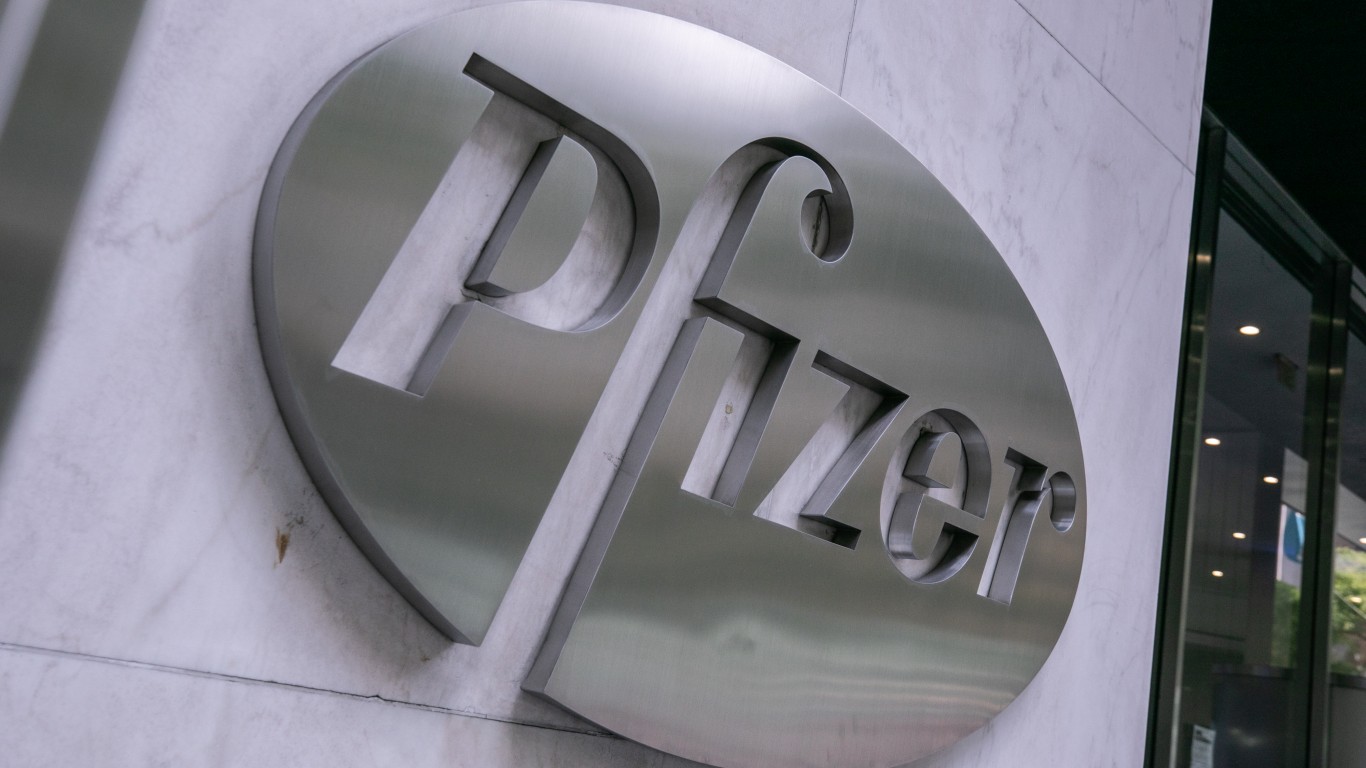
Wall Street has been heaving a sigh of relief as speculation grows that the Federal Reserve might finally halt its streak of interest rate hikes. However, this doesn’t signal an end to turbulence in the bond market, per a Bloomberg article, quoted on Yahoo.
Investors are bracing for continued volatility in US Treasuries, as economic uncertainties persist. There are chances of a longer-than-expected period of elevated interest rates.
Hawkish Message and High Levels of Uncertainty
Already, some Fed officials have indicated that there may still be more work to do as inflation continues to hold above their 2% target despite the most aggressive monetary policy tightening in four decades.At Barclays, strategists have advised clients to sell two-year Treasuries on anticipation that rates will remain elevated next year, going opposite to the latest speculation that the Fed will initiate a series of rate cuts as soon as March, the Bloomberg article noted.
“The rise in long-dated yields has been driven by the hawkish message from the Fed,” said Rob Waldner, chief strategist fixed income at Invesco, quoted on Bloomberg. “The central bank is staying hawkish and that’s keeping uncertainty high.”
That uncertainty, along with an increase in new debt sales as the federal government contends with rising deficits, has wreaked havoc on the bond market. Even with the sharp jump in interest rates, the overall Treasury market returned just 0.1% this year, according to Bloomberg’s index, falling shy of the solid gains once expected to happen when the end of the Fed’s hiking came into the sight.
What Will Happen in September Meeting?
So far, the key economic reports pointed to the fact that rates will be held steady in September, with job growth cooling and signs of easing inflation. But the core consumer price index — which bars volatile food and energy prices and is seen as a better measure of underlying inflation pressures — still rose at a 4.7% annual pace in July, which is a cause of concern.
There annual gathering of global central bankers in later this month in Jackson Hole, Wyoming, will also be closely watched. And it is expected that the Fed chief Powell may give signals of its key rate to be around 4% by January 2025. It’s in a range 5.25-5.5% now.
What Are Market Trends?
Despite these doldrums, some investors have been pouring money into the Treasury market, attracted by higher interest rates and fearing that this year’s stock market rally is unsustainable. The put the U.S. Treasuries on course for a record year of inflows, according to Bank of America Corp. strategists, quoted on Bloomberg.
ETFs to Benefit
Against this backdrop, investors can hedge the rising rate trend with the below-mentioned ETFs. These ETFs beat the tech-heavy Nasdaq-100 ETF QQQ (down 0.64%) on Aug 11.
ETFs to Hedge Rising Rate Trend
Simplify Interest Rate Hedge ETF PFIX – Up 0.14% on Aug 11
Global X Interest Rate Hedge ETF RATE – Up 1.90% on Aug 11
Foliobeyond Rising Rates ETF RISR – Up 1.2% on Aug 11
Advocate Rising Rate Hedge ETF RRH – Up 0.74% on Aug 11
Global X Interest Rate Hedge ETF (RATE): ETF Research Reports
Simplify Interest Rate Hedge ETF (PFIX): ETF Research Reports
FolioBeyond Alternative Income and Interest Rate Hedge ETF (RISR): ETF Research Reports
Advocate Rising Rate Hedge ETF (RRH): ETF Research Reports
To read this article on Zacks.com click here.
This article originally appeared on Zacks
Take Charge of Your Retirement: Find the Right Financial Advisor For You in Minutes (Sponsor)
Retirement planning doesn’t have to feel overwhelming. The key is finding professional guidance—and we’ve made it easier than ever for you to connect with the right financial advisor for your unique needs.
Here’s how it works:
1️ Answer a Few Simple Questions
Tell us a bit about your goals and preferences—it only takes a few minutes!
2️ Get Your Top Advisor Matches
This tool matches you with qualified advisors who specialize in helping people like you achieve financial success.
3️ Choose Your Best Fit
Review their profiles, schedule an introductory meeting, and select the advisor who feels right for you.
Why wait? Start building the retirement you’ve always dreamed of. Click here to get started today!
Thank you for reading! Have some feedback for us?
Contact the 24/7 Wall St. editorial team.





